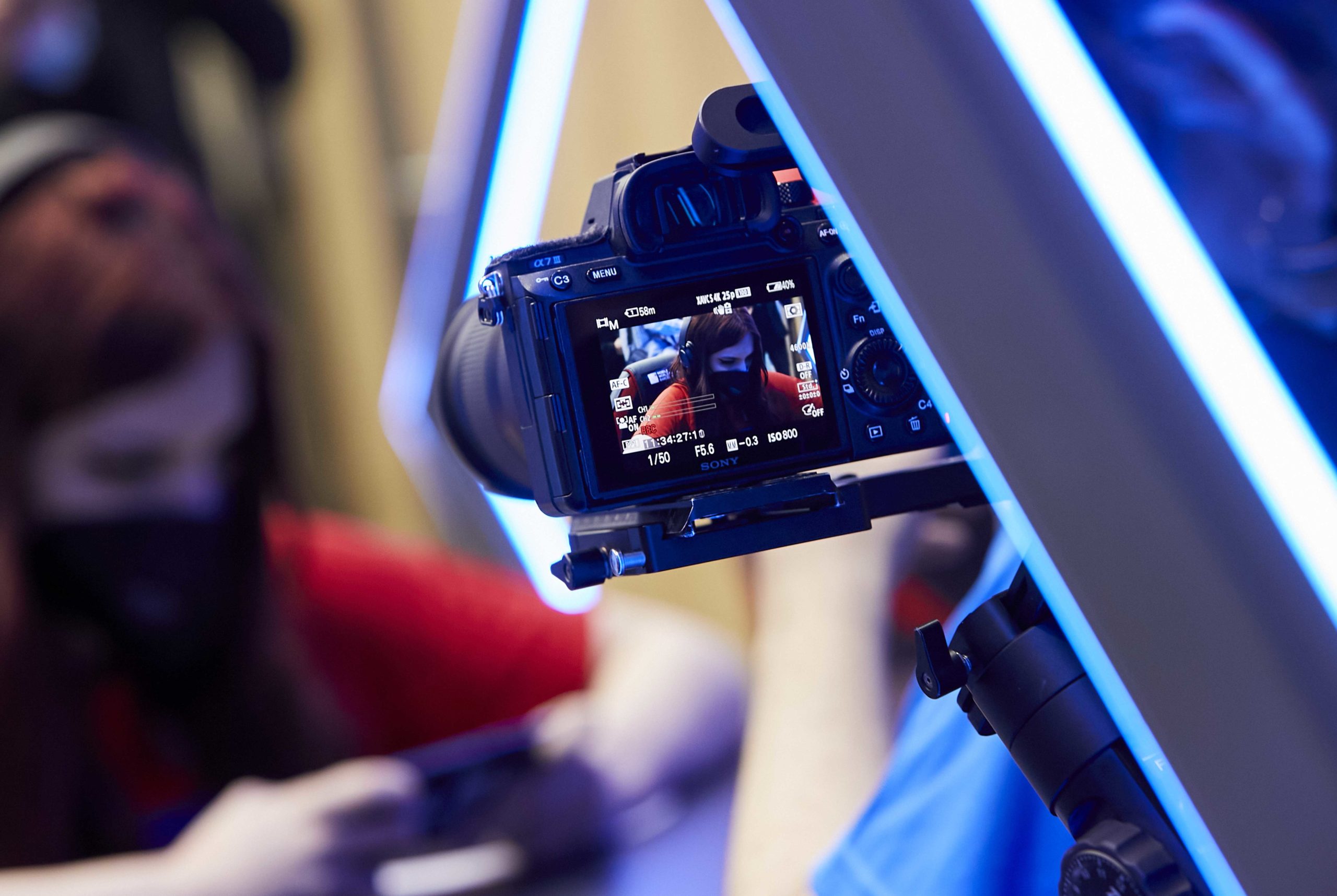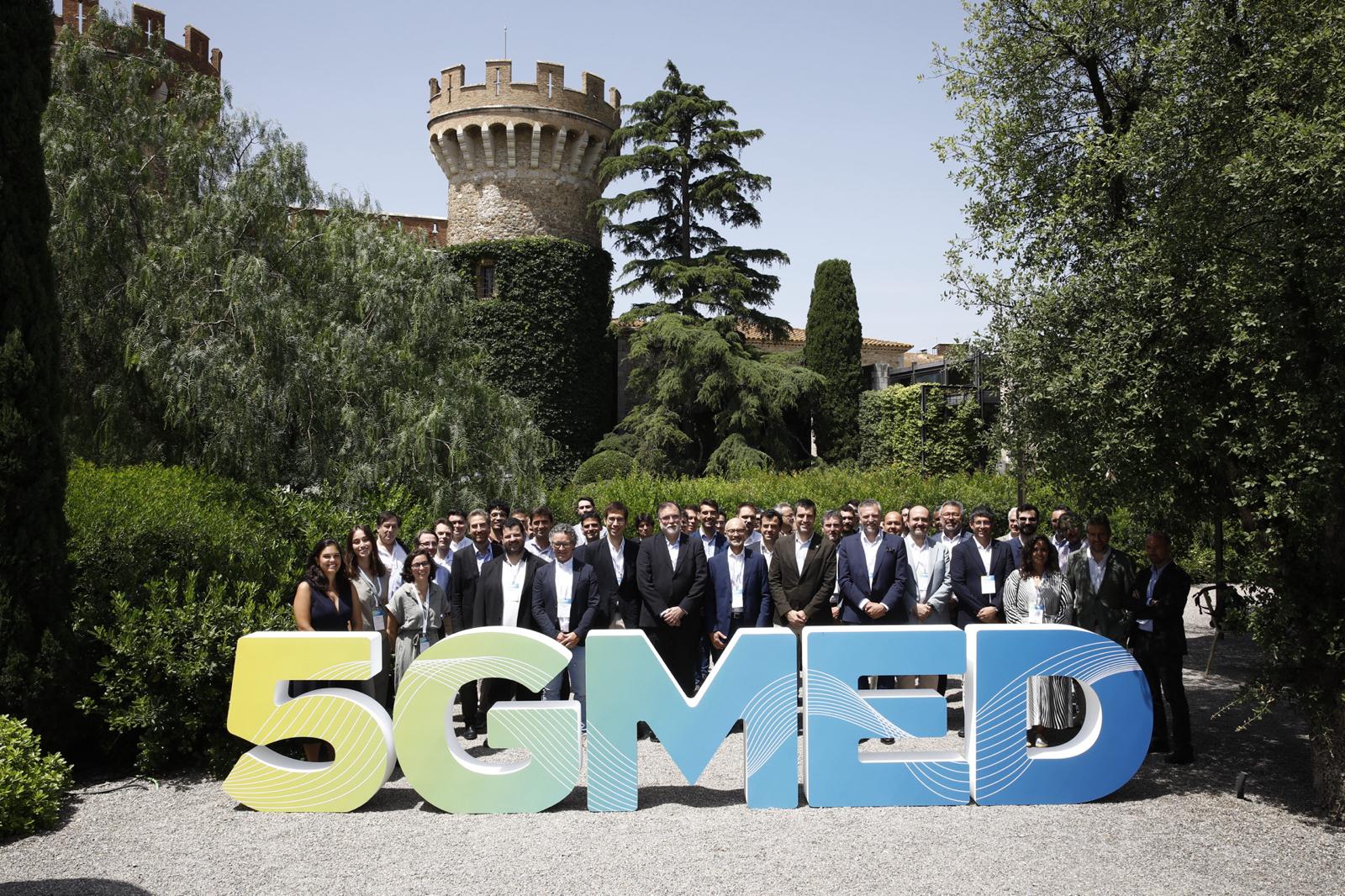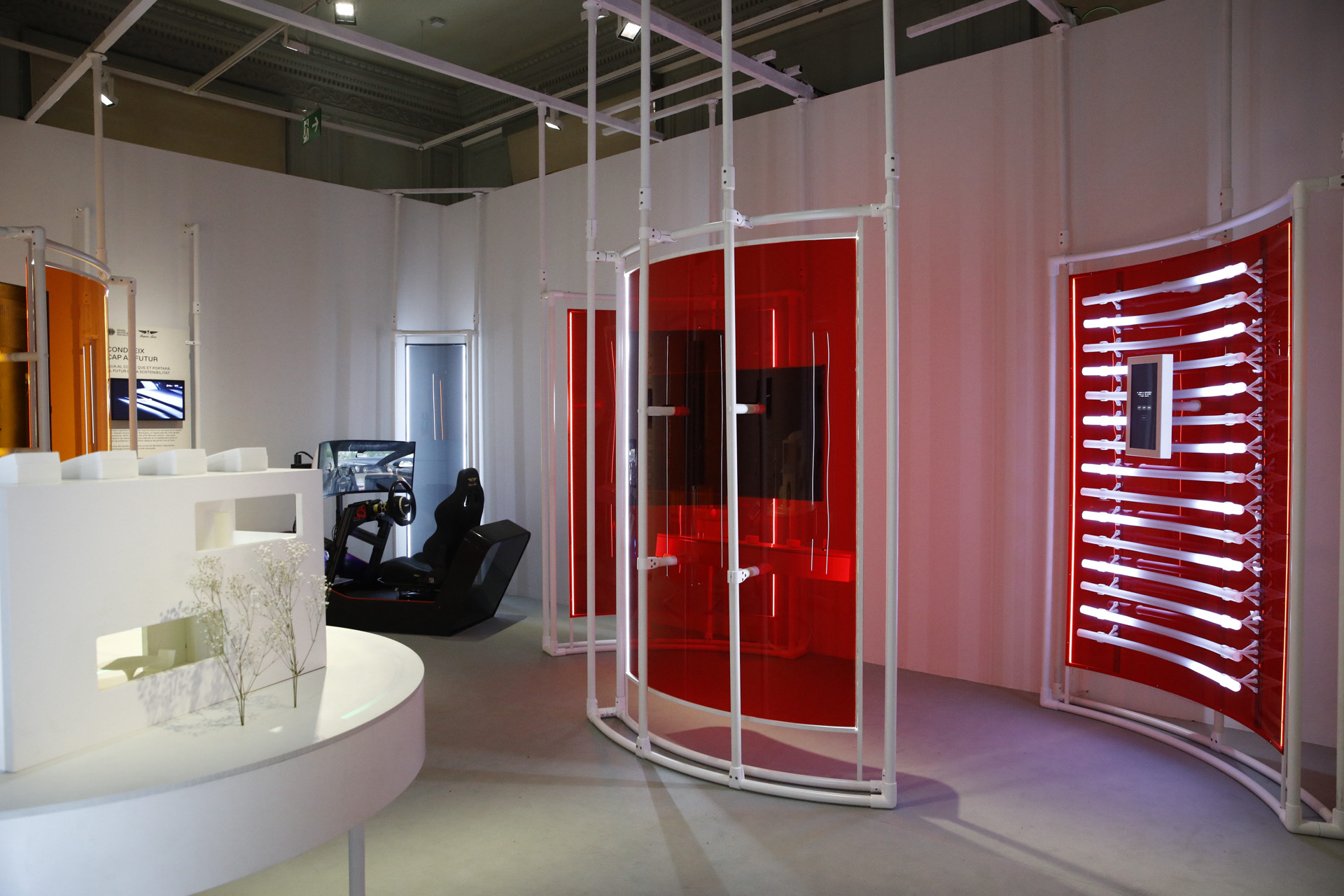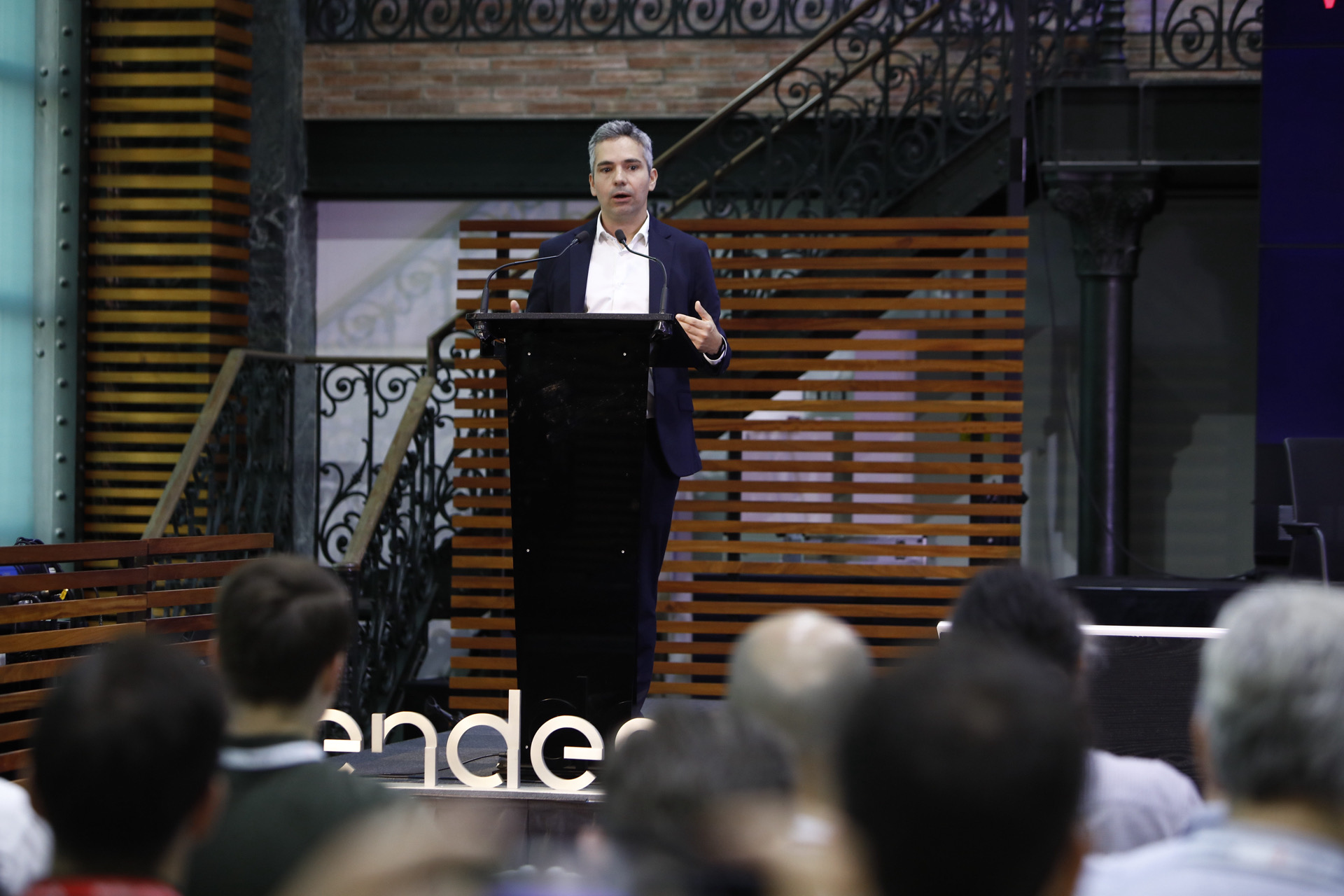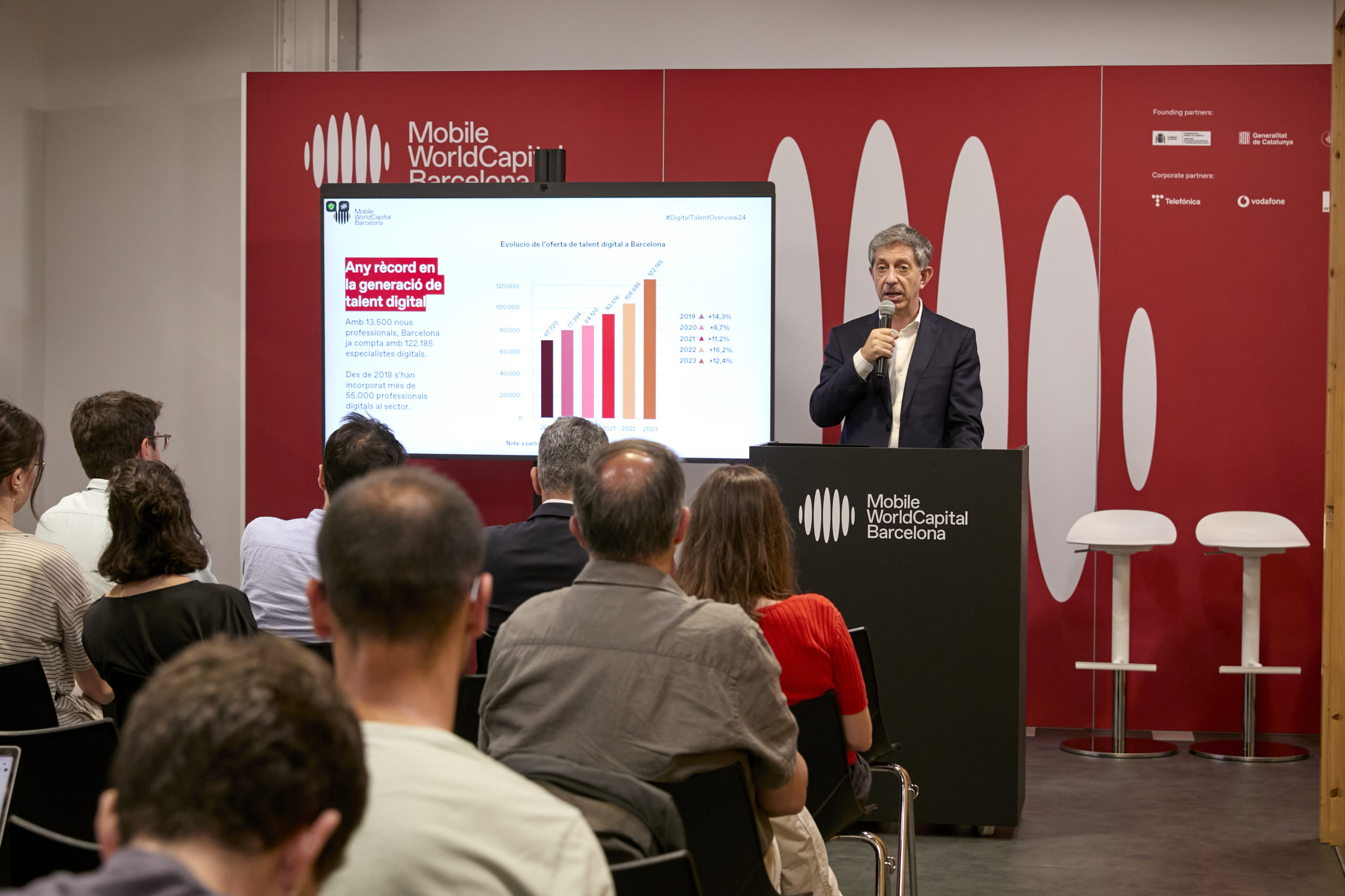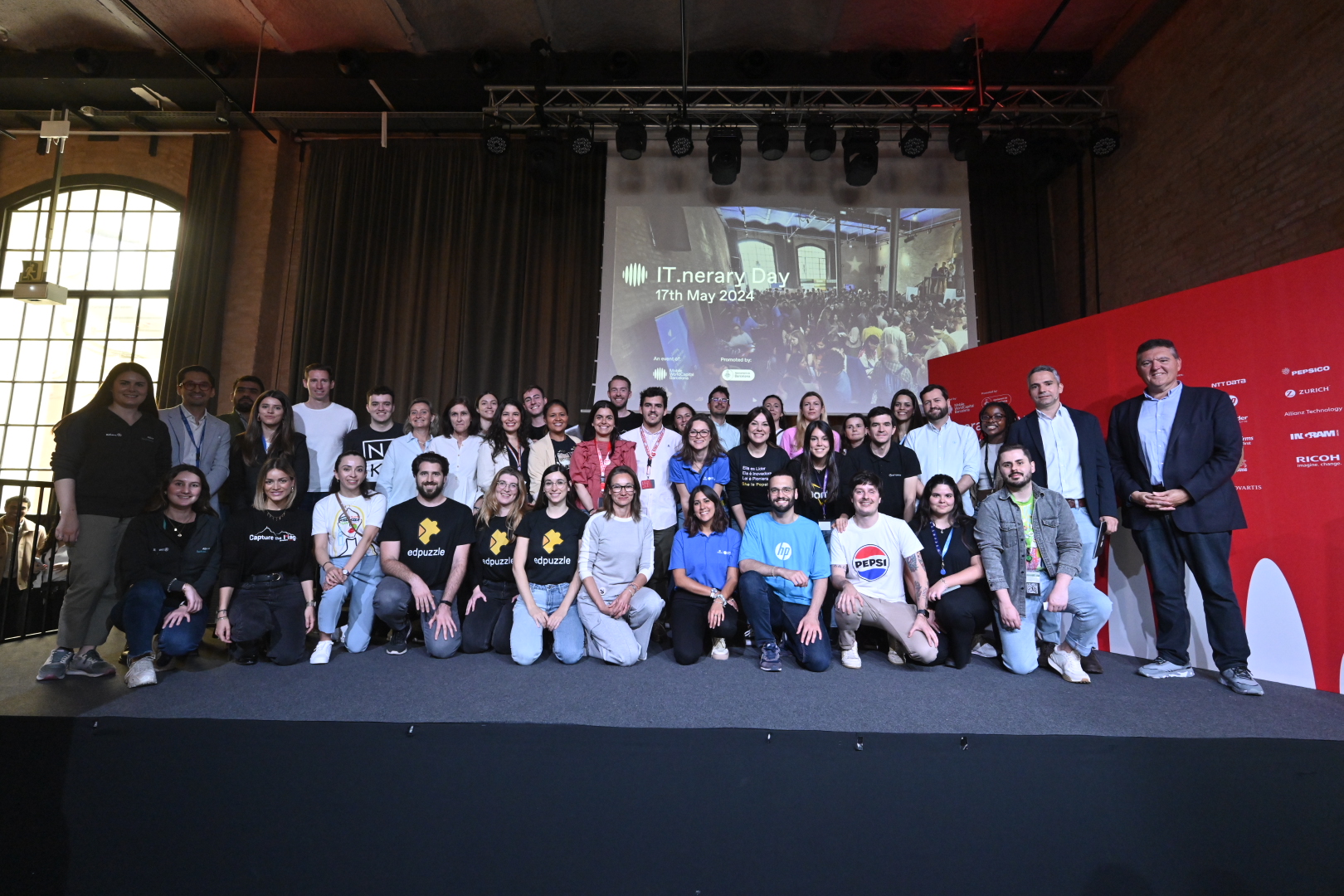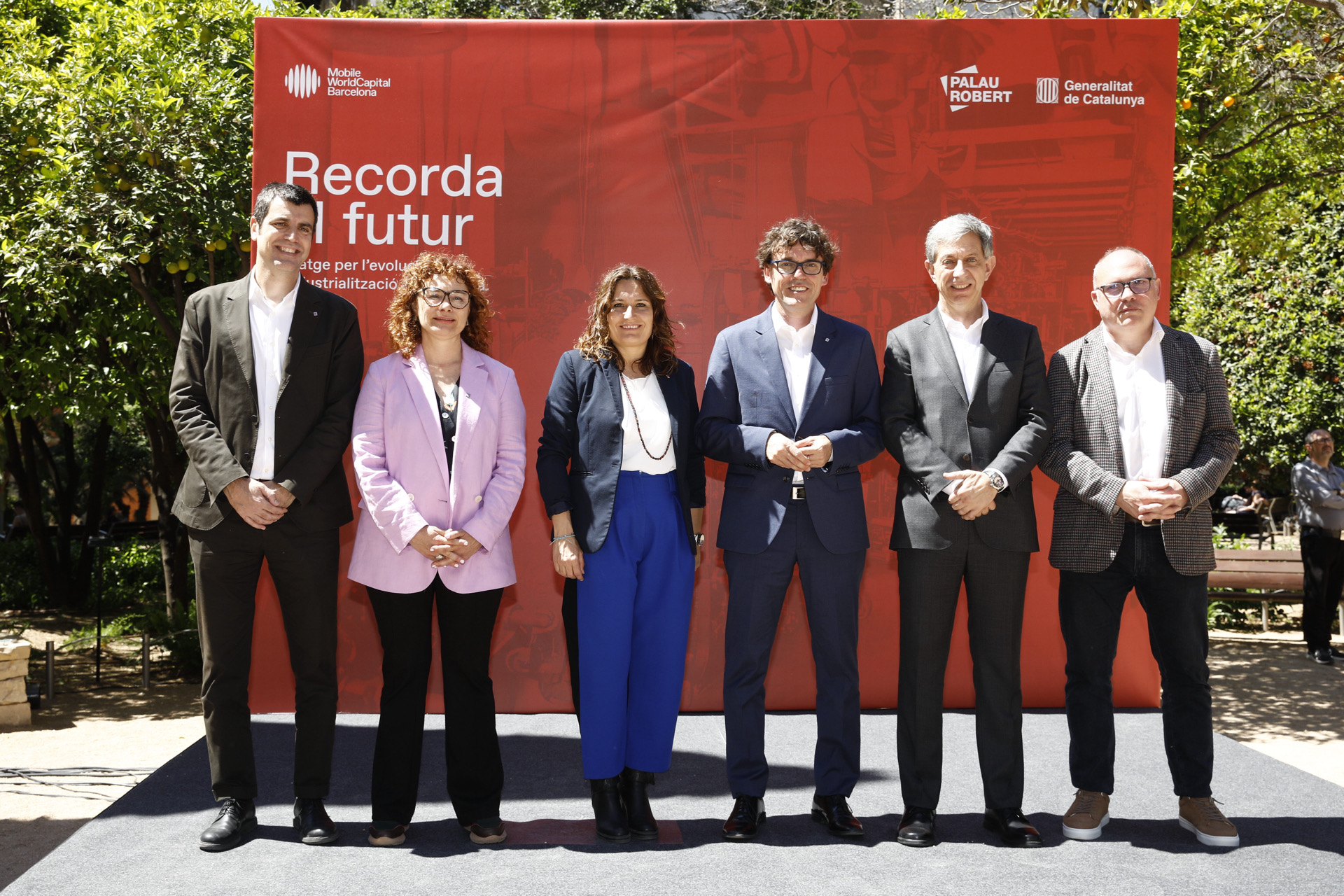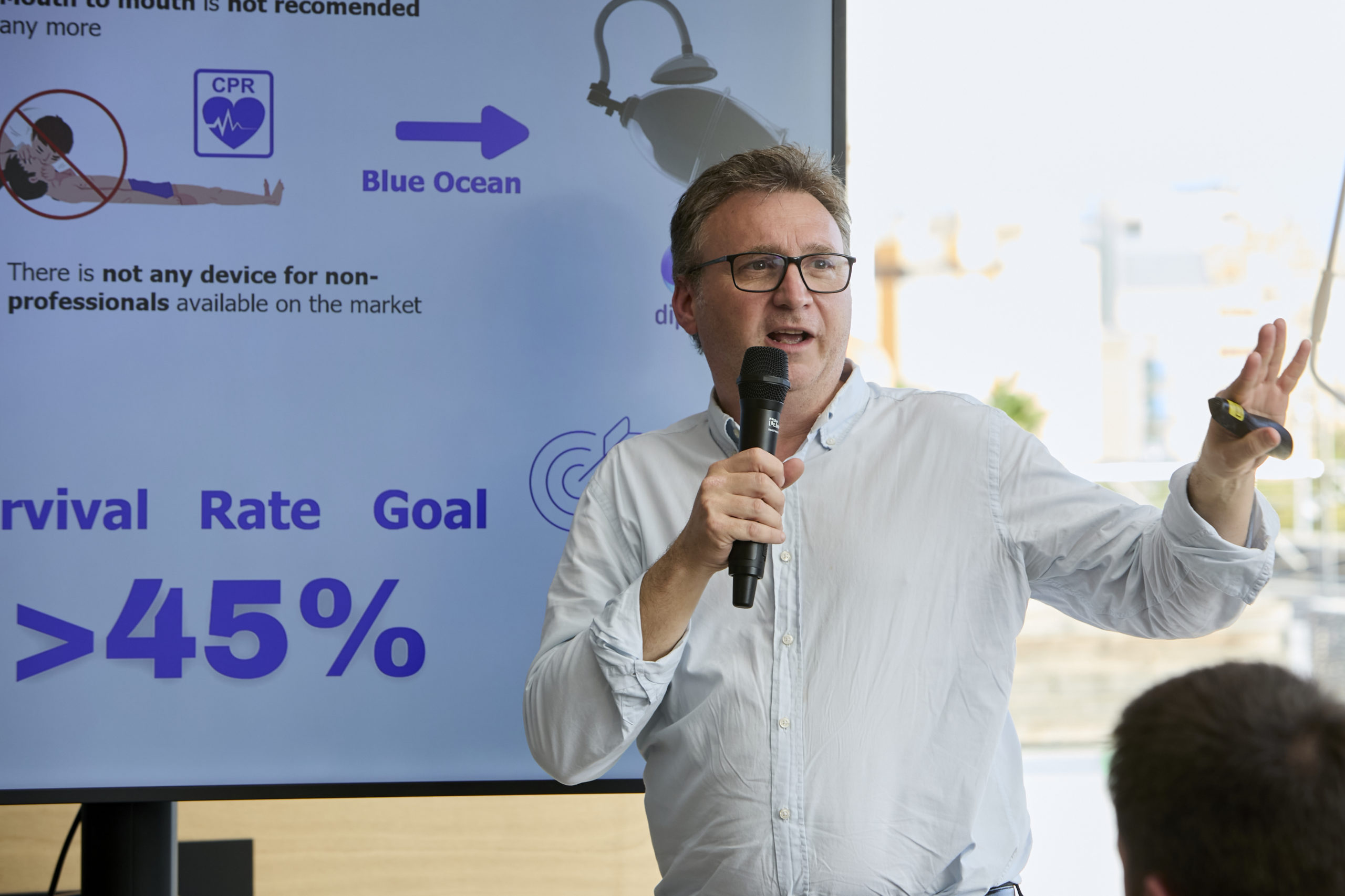

04/July/2024 Dipneo, a start-up founded by the Eurecat Technology Centre and Mobile World Capital Barcelona, has initiated an investment round via Capital Cell, a crowdfunding platform specializing in biotechnology and health. The campaign seeks to raise €300,000 to…
Descargar
